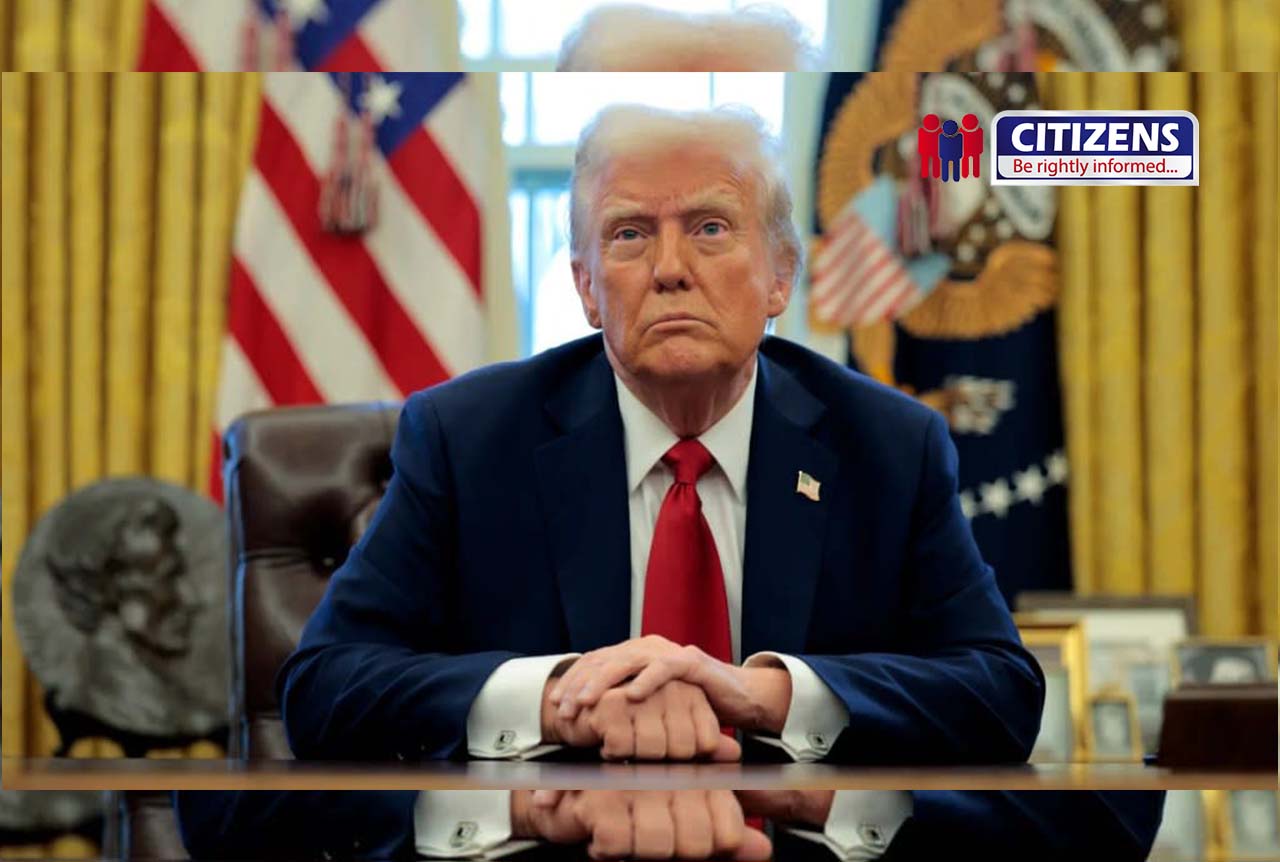Why Security is the Silent For...
- 2025-07-03

In a significant shift in U.S. trade policy, President Donald Trump has introduced a 10% baseline tariff on all imports, alongside new country-specific reciprocal tariffs. Under this policy, Nigerian exports to the U.S. will now face a 14% tariff, a move the U.S. government says is in response to Nigeria’s 27% duty on American goods.
The decision is expected to impact trade relations between both nations, particularly in key sectors such as agriculture, textiles, and raw materials. While the U.S. government argues that the measure is aimed at ensuring fairness in global trade, Nigerian business leaders and exporters are expressing concerns about the potential economic consequences.
Analysts warn that the increased tariff could lead to higher costs for Nigerian goods in the U.S. market, potentially reducing competitiveness and affecting businesses reliant on exports. Meanwhile, economic policymakers in Nigeria may explore countermeasures to mitigate any adverse effects on trade and local industries.